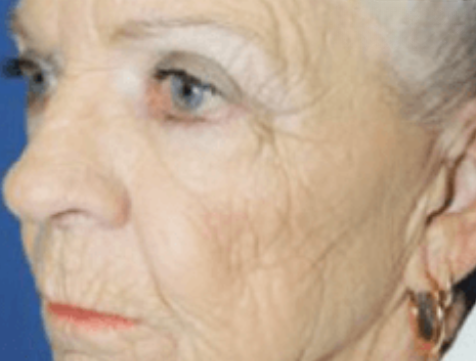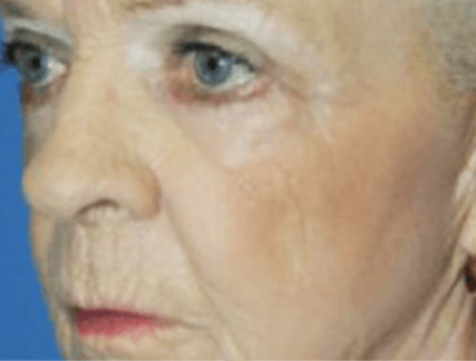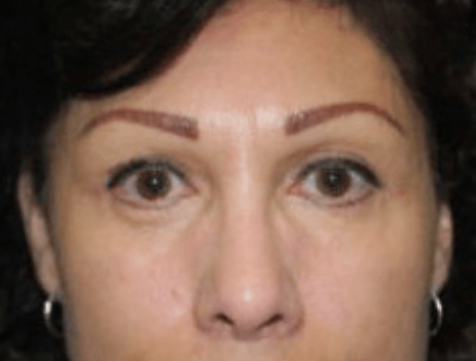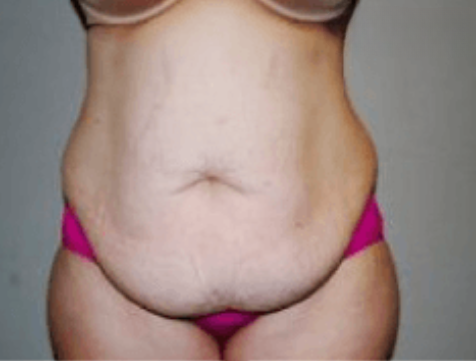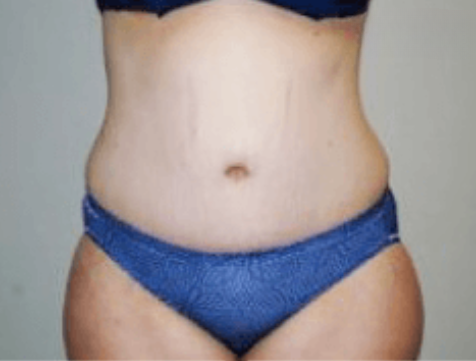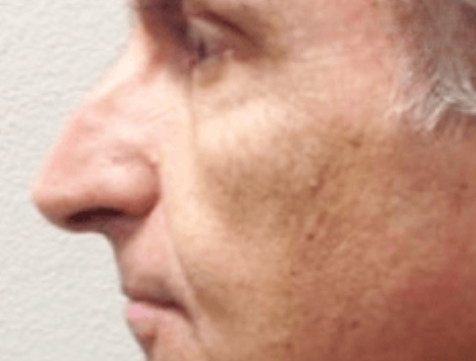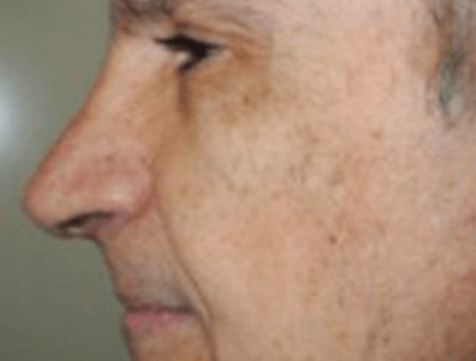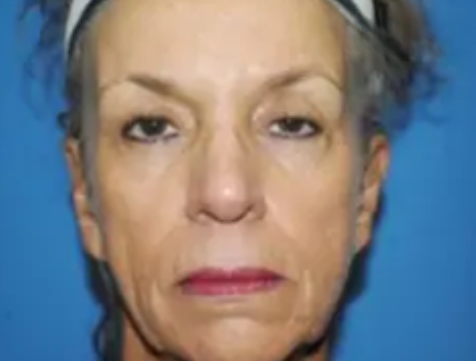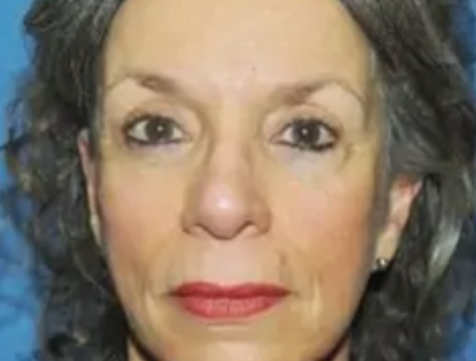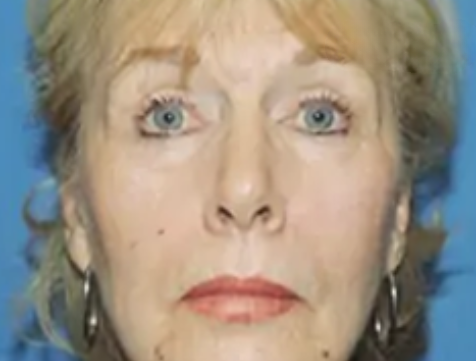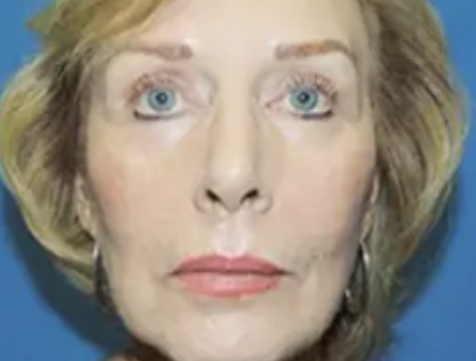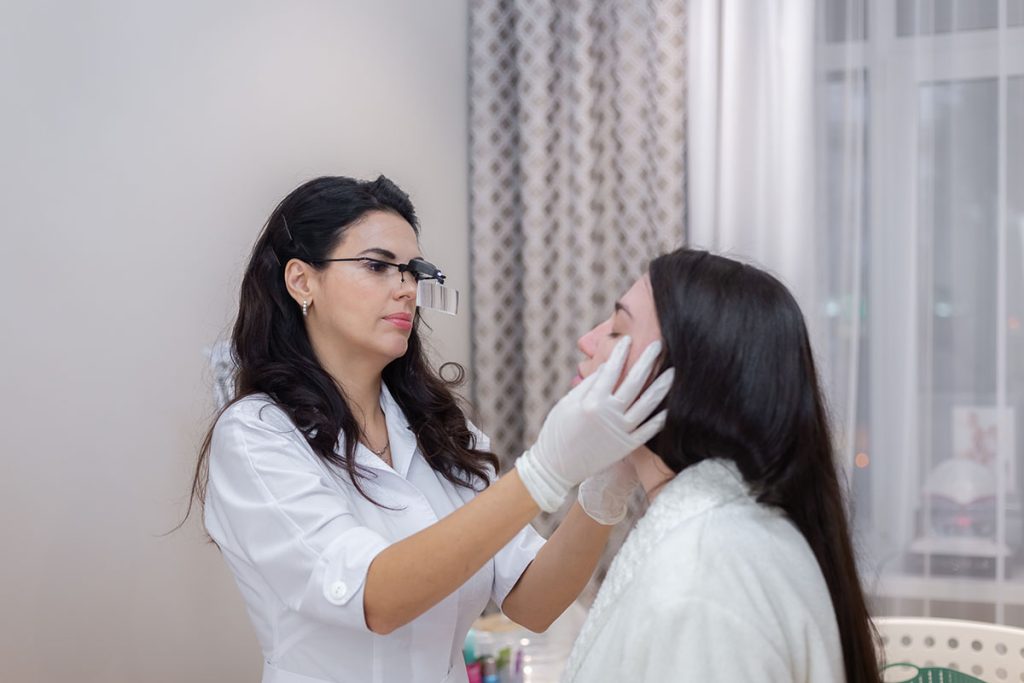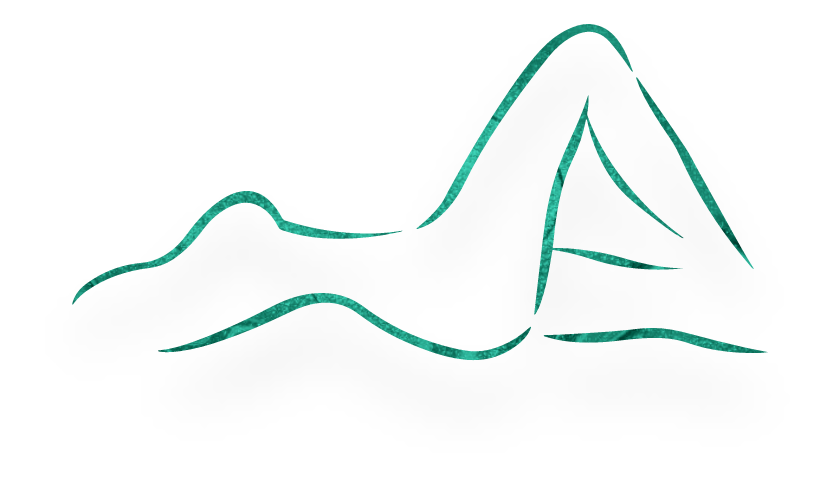Considering or undergoing rhinoplasty surgery can be a transformative experience, but the recovery process requires careful attention to detail. As a leading female plastic surgeon specializing in rhinoplasty in Newport Beach, CA, Dr. Amy Bandy prioritizes patient education and support throughout every stage of the journey. Swelling and bruising are natural consequences of surgery, but with the right strategies and understanding, you can mitigate their impact for a more comfortable recovery. Let’s delve deeper into the comprehensive guide to minimizing swelling and bruising after rhinoplasty:
Contents
- 1 Understanding Swelling and Bruising
- 2 Factors Influencing Swelling and Bruising
- 3 Top Tips for Minimizing Swelling and Bruising
- 4 Advanced Techniques to Reduce Swelling and Bruising
- 5 Reach Out to Us Today!
- 6 FAQs
- 6.1 How long does swelling and bruising typically last after rhinoplasty?
- 6.2 Are there any specific foods or supplements that can help reduce swelling?
- 6.3 Can I use arnica or other topical remedies to reduce bruising?
- 6.4 Is it normal to experience numbness in the nasal area after rhinoplasty?
- 6.5 When should I contact my surgeon about excessive swelling or bruising?
Understanding Swelling and Bruising
Before exploring methods to alleviate swelling and bruising, it’s crucial to understand why they occur. Rhinoplasty involves reshaping the nasal structures, which can lead to trauma and disruption of blood vessels and tissues. As a result, the body initiates an inflammatory response, causing fluid buildup and discoloration in the treated area. Swelling typically peaks within the first 48 hours post-surgery and gradually resolves over the following weeks, while bruising may take slightly longer to fade.
Factors Influencing Swelling and Bruising
Several factors can influence the severity and duration of swelling and bruising after rhinoplasty:
- Surgical Technique: The approach used by your surgeon, such as open or closed rhinoplasty, can impact post-operative swelling and bruising.
- Individual Healing Response: Each patient’s body responds differently to surgery, with some individuals experiencing more pronounced swelling and bruising than others.
- Pre-existing Conditions: Certain medical conditions, such as hypertension or blood clotting disorders, may predispose patients to increased swelling and bruising.
- Post-operative Care: Adherence to post-operative instructions, including medication management, elevation, and cold therapy, can significantly influence recovery outcomes.
Top Tips for Minimizing Swelling and Bruising
- Follow Your Surgeon’s Instructions:
- Strict adherence to post-operative instructions provided by Dr. Amy Bandy and her team is paramount for optimal healing.
- Take prescribed medications as directed, including pain relievers and anti-inflammatory drugs, to manage discomfort and reduce swelling.
- Elevate Your Head:
- Maintain a 30-45 degree angle of elevation, even while sleeping, using multiple pillows or a recliner.
- Elevating the head above the heart level helps minimize fluid accumulation in the nasal tissues, reducing swelling.
- Utilize Cold Therapy:
- Apply cold compresses or ice packs to the nasal area for 15-20 minutes at a time, several times a day, especially during the initial days post-surgery.
- Cold therapy constricts blood vessels, reducing blood flow to the area and diminishing inflammation and bruising.
- Stay Hydrated and Maintain a Nutrient-rich Diet:
- Drink ample water to stay hydrated, promoting efficient toxin removal and minimizing swelling.
- Consume a balanced diet rich in vitamins (particularly vitamins A, C, and K) and nutrients to support tissue repair and reduce inflammation.
- Limit Physical Activity:
- Avoid strenuous activities, heavy lifting, and vigorous exercise for at least 2-3 weeks post-surgery to prevent increased swelling and potential complications.
- Engage in gentle movements and light walking to promote circulation and aid in the healing process without exerting undue stress on the nasal area.
Advanced Techniques to Reduce Swelling and Bruising
In addition to the foundational strategies mentioned above, Dr. Amy Bandy employs advanced techniques to further minimize post-rhinoplasty swelling and bruising:
- Lymphatic Drainage Massage: Gentle massage techniques designed to stimulate lymphatic circulation can facilitate the removal of excess fluid and toxins, accelerating healing.
- Use of Steroids: In select cases, topical or systemic corticosteroids may be prescribed to mitigate inflammation and swelling, particularly in patients prone to excessive tissue reaction.
- Platelet-Rich Plasma (PRP) Therapy: PRP injections containing concentrated growth factors derived from the patient’s blood can promote tissue regeneration and expedite healing, reducing swelling and bruising.
Reach Out to Us Today!
For personalized guidance and expert care throughout your rhinoplasty journey, don’t hesitate to contact Dr. Amy Bandy’s office at 949-868-8839. Our dedicated team is committed to ensuring your comfort and satisfaction every step of the way.
FAQs
How long does swelling and bruising typically last after rhinoplasty?
Swelling and bruising usually peak within the first 48 hours post-surgery and gradually subside over the following weeks. However, residual swelling may persist for several months, gradually resolving as the healing process continues.
Are there any specific foods or supplements that can help reduce swelling?
While no specific food or supplement can eliminate swelling entirely, incorporating anti-inflammatory foods like pineapples, leafy greens, and turmeric into your diet may help expedite the healing process and reduce inflammation.
Can I use arnica or other topical remedies to reduce bruising?
Some patients find relief from bruising by using arnica gel or other topical remedies recommended by their surgeon. However, it’s essential to consult with Dr. Amy Bandy before using any new products post-surgery to ensure compatibility and safety.
Is it normal to experience numbness in the nasal area after rhinoplasty?
Yes, temporary numbness or altered sensation in the nasal region is common after rhinoplasty due to swelling and nerve manipulation during surgery. Sensation typically returns gradually as swelling subsides and nerves regenerate.
When should I contact my surgeon about excessive swelling or bruising?
While some degree of swelling and bruising is expected, contact Dr. Amy Bandy immediately if you experience sudden, severe swelling, excessive bruising, persistent pain, or any other concerning symptoms that may indicate complications.
